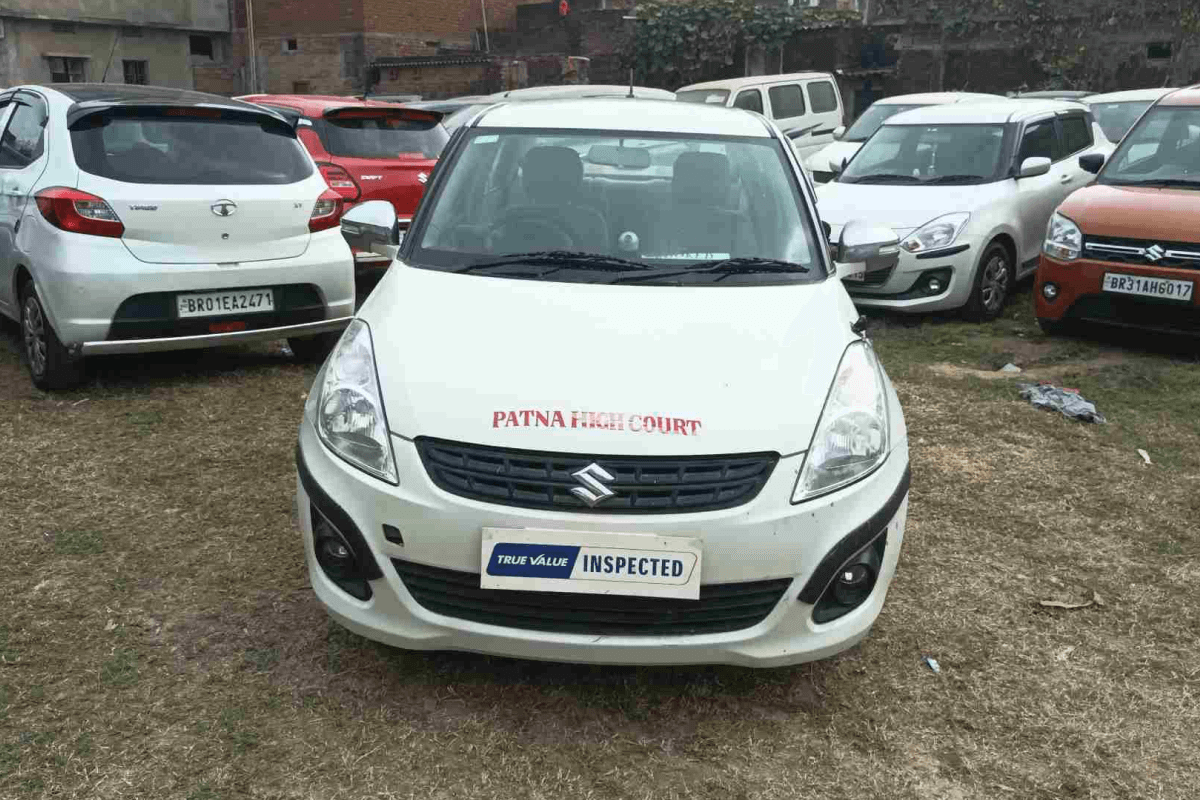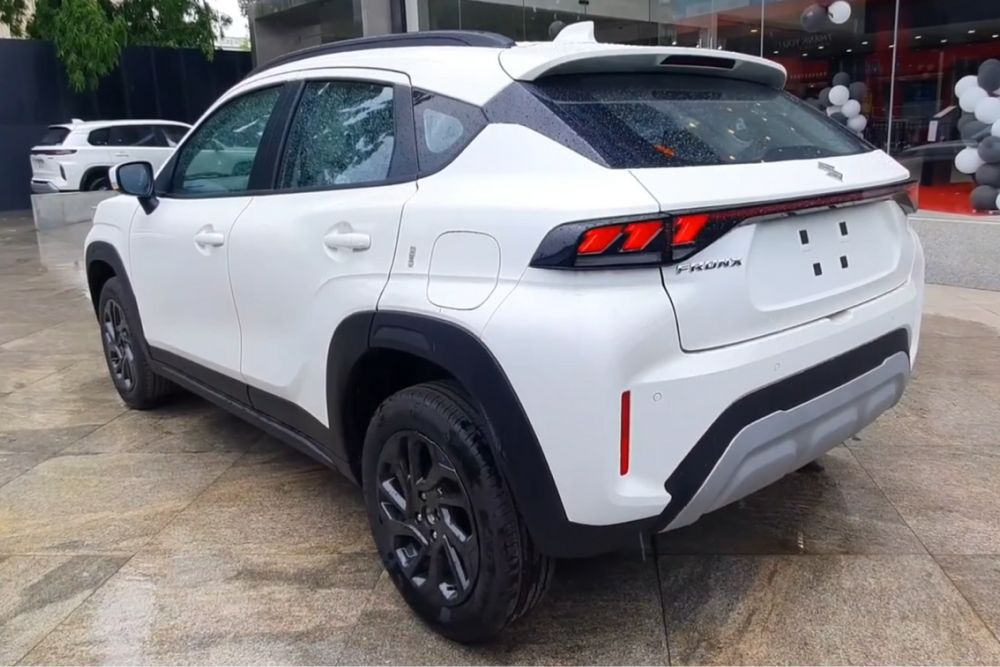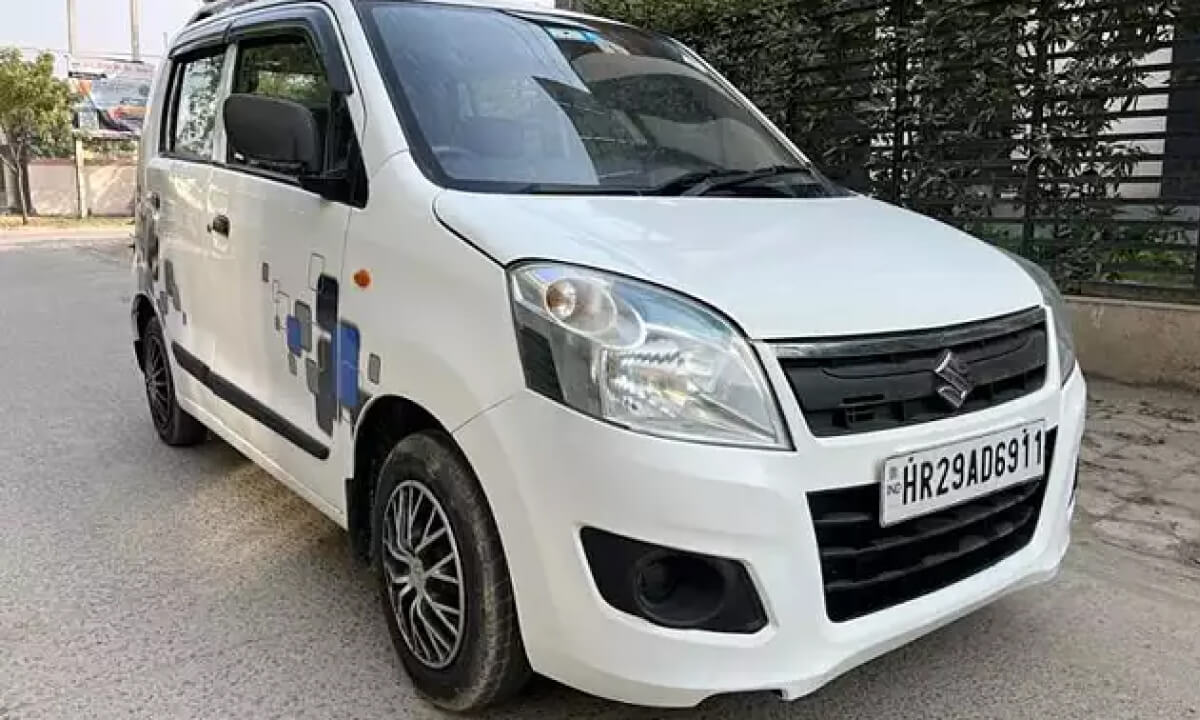When to Choose a New Car vs a Used Car: Key Considerations for 2025
Published On 21/1/2025, 10:29:06 am Author Gaurav CyrilBoth new and used cars offer distinct advantages depending on your priorities. Whether it's the latest features, lower upfront costs, or long-term savings, learn how to determine which option aligns with your needs, financial goals, and lifestyle for 2025.

Summary
When to Go for a New Car:

- You value the latest features and technology.
- You prefer a full manufacturer warranty and lower maintenance costs in the initial years.
- You want the peace of mind that comes with being the first owner.
- You’re willing to absorb the depreciation hit for the benefits of owning a brand-new car.
When to Buy a Used Car:

- You want to save money, as used cars offer significant cost savings.
- You’re okay with previous ownership and understand the trade-offs.
- Your self-esteem isn't tied to ownership status.
- You have a transferable job and prefer flexibility in car ownership.
In India, the demand for used cars has been on the rise, growing by nearly 15% in 2023, and it shows no signs of slowing down as we head into 2025. A combination of factors—rising vehicle prices, the government's new scrapping policy, and the depreciation arbitrage between used and new cars—has made the pre-owned market even more attractive for buyers. The government's vehicle scrappage policy, which encourages the disposal of older vehicles, has led to an influx of quality used cars in the market, providing a wider range of options for budget-conscious buyers. Meanwhile, the depreciation rate of new cars, which can drop by as much as 20-30% in the first year alone, has made used cars an increasingly appealing choice.
Used cars are often considered to be a better financial choice by many and that's why, it is essential to weigh the pros and cons of buying a used vs new car in India. Key factors like interest rates, loan terms, insurance premiums, and long-term maintenance costs should all play a crucial role in your decision-making process.
Key Factors to Consider When Choosing Between a Used and New Car
New Cars
When it comes to buying a car, not all decisions are purely financial. For some buyers, the choice between a used vs new car is deeply tied to personal beliefs, lifestyle choices, and even psychological factors. There’s a certain group of consumers who simply cannot imagine owning something that’s been used by someone else, no matter how small the price difference. They may prefer buying a brand-new Alto for ₹5 lakhs over a six-month-old i20—even if the latter is priced the same or lower. The reasons for this preference are often rooted in a desire for the 'new' experience, a sense of ownership, or the belief that new goods reflect a higher social status.
For these individuals, a car isn’t just a mode of transport; it’s an extension of their identity. The belief that "new is better" runs deep in their mindset, and the notion of "second-hand" often carries negative connotations. This mindset could be linked to cultural values, upbringing, or simply personal preferences that prioritize freshness, hygiene, and the assurance that the car has no history of wear and tear.
If you fall into this category of preferring something new, that's perfectly okay. Don't let the chatter about a car being a depreciating asset confuse you. Sure, cars lose value the moment you drive them off the lot, but let’s be real—life itself is depreciating, isn’t it? We all age, we all face time's inevitable march, and yet we don’t abandon what we care about when it starts showing signs of wear and tear. For instance, would you stop taking care of your parents when they reach 70? Would you hesitate to foot the bill for their medical needs because they are getting older? Of course not. You continue to invest in their well-being, because they are important to you.
The same principle applies to your choice of car. Financial considerations are important, but they should serve you, not dictate your every decision. If buying a new car makes you feel happy, confident, and in alignment with your values, then go for it. Don’t let anyone else’s opinion about depreciation or financial wisdom overshadow what truly matters to you. The car you choose says something about your thought processes, your values, and your lifestyle. It reflects what you stand for, and your choices should be a true representation of your own beliefs and aspirations.
After all, your self-respect and self-esteem are invaluable. If owning that new car aligns with your sense of achievement and brings you joy, then that's your path to take. There’s no right or wrong here, only what feels right for you.
Cars today are becoming more like mobile phones—evolving at a rapid pace with new features becoming standard every few months. Take power windows, for example. Not too long ago, having power windows in a car was considered a luxury feature, often an optional extra that added to the cost. Today, however, it’s rare to find a car that doesn’t come with both front and rear power windows as standard. This shift reflects a broader trend in the automotive industry, where features that were once reserved for premium models have now become part of even the most basic trims. Whether it’s advanced safety systems like ABS and airbags or smart tech like touch-screen displays and smartphone connectivity, cars are increasingly offering cutting-edge features as standard, making the decision to buy a new car even more appealing.
Used Cars When it comes to used cars, there’s a different mindset at play. For some buyers, the decision is purely about financial sense. These are the people who understand that a car, at its core, is a utility—a tool for getting from point A to point B. They have little to no issue with owning something that’s been used before, and for them, the idea of self-esteem being tied to whether a car is new or not simply doesn’t resonate. After all, even the water you drink is recycled, right? Why should it matter if the car has had a previous owner?
These buyers tend to value the practicality of a used car over its status symbol. They’re well aware that many used cars, especially those that have been driven for around 20,000 to 30,000 kilometers, are often in peak condition. The initial depreciation hit has already been taken by the first owner, so these buyers can snag a car at a much better price, getting a solid deal for something that still has years of reliable service left. In fact, for someone who knows enough about cars, a used car can be a far more viable option. They understand that the car’s value has already dropped significantly, and by selecting a well-maintained vehicle, they’re avoiding the worst of the depreciation, all while getting great utility.
However, buying a used car does come with its own set of cautions. It’s crucial to dig a little deeper before making a decision. For instance, you have to consider whether the car has been previously flooded, involved in an accident, or undergone extensive repairs or refurbishing. Some used cars, while seemingly in good shape, may have hidden issues that can pop up later, especially if they’ve had a rough past. It's important to ask questions: Why is the owner selling the car? Is it due to genuine reasons like upgrading to a newer model, or is there something about the car that they’re not saying? Understanding the vehicle's history is key to avoiding unpleasant surprises.
There are also other considerations, such as checking for any potential legal or registration issues, as well as ensuring the car has been properly serviced.
For those with transferable jobs, buying a used car can be a fantastic choice. If you’re someone who moves cities every few years for work, buying a used car in the city where you’ll be stationed for the next 4-5 years makes perfect sense. You can enjoy the benefits of car ownership without the long-term commitment. Once your time in the city is up, you can simply sell the car, often for a good portion of what you paid, and move on. Let the used car dealers handle the backend operations—selling, transferring ownership, and even minor repairs—so that you can focus on your career and not on long-term car ownership concerns.
You can also consider buying EVs. These two EVs are making some news!
















